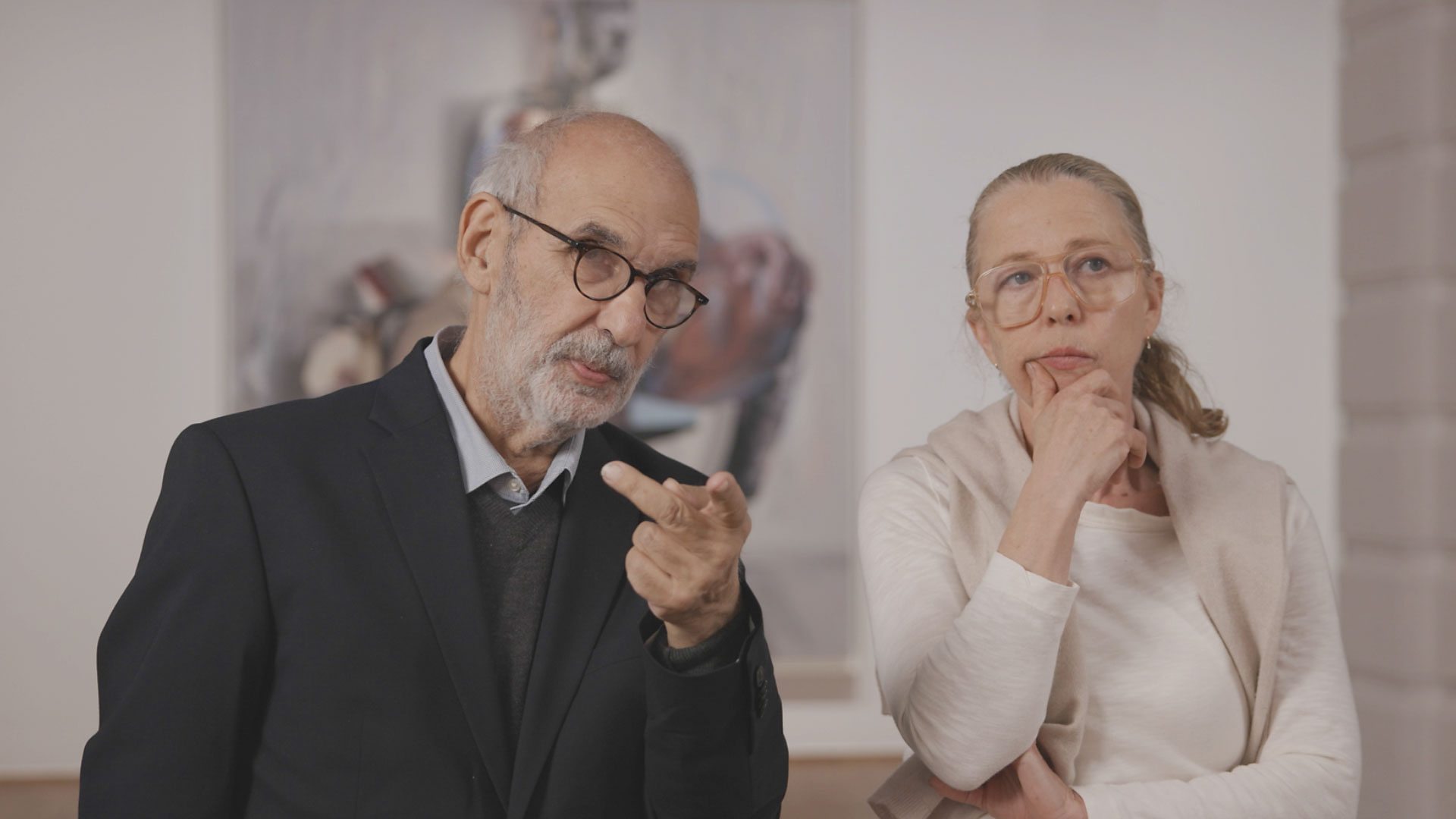Identical twins share what happened to their bodies after one ate a strictly vegan diet and the other ate meat
Identical twins Hugo and Ross Turner decided to take the meat vs. plant-based diet debate to the extreme—by becoming human guinea pigs. Over 12 weeks, the brothers, who share the same DNA, subjected their bodies to opposing diets to see how they’d each hold up. Hugo went full vegan. Ross? All about that meat, dairy, and fish life.
The experiment was filmed by the BBC and scientifically backed by King’s College London, with the twins sticking to equal calorie intake and matching gym routines. The goal? Strip out the noise and see how the diets themselves shaped their physical and mental health.
Hugo’s first few weeks on a vegan diet were rough. “I think the first couple of weeks it was really craving and wanting meat and dairy and cheese. I love cheese,” he admitted. The sudden shift to plant-based eating left him feeling like his body “really took a hit.”
But things turned around. “I was now having to eat fruit and nuts and alternatives that didn’t have any dairy in them – and so that meant I was eating a lot more wholesome food, which meant that my sugar levels were a lot more satiated during the day,” Hugo explained. “I felt like I had more energy.”
Meanwhile, Ross’s omnivore diet delivered mixed results. “Some days I felt very energetic,” he said. “But on others, I experienced huge lulls.” While Hugo’s energy stayed more consistent, Ross noticed that his meat-inclusive routine sometimes left him dragging — especially at the gym.

But there were benefits too. Over the 12 weeks, Ross packed on 10 pounds of muscle and saw his weight increase to 189 pounds. However, this also pushed his body fat from 13% to 15%.
One surprise? Gut health. While Hugo’s gut microbiome — the collection of bacteria critical for digestion and immunity — dropped significantly in diversity due to the restrictive nature of his diet, Ross’s microbiome remained stable. That gave him a potential leg up in illness resistance, according to the scientists involved.
At the start of the challenge, Hugo weighed 185 pounds with 13% body fat. After three months vegan, he trimmed down to 181 pounds and lowered his body fat to 12%. He also saw a “cholesterol level drop off the scale” and improved resistance to type 2 diabetes.
Ross, who started with the same stats, ended up heavier but more muscular. His final measurements showed 189 pounds with 15% body fat.
Despite Hugo’s energy boost and better blood sugar stability, he was surprised to find that his gut bacteria diversity had taken a serious hit—something linked to longer-term health concerns. Ross, while fluctuating in energy and indulging in more processed food, kept a healthier microbiome.
Ross admitted to a lightbulb moment midway through the experiment. While peering over at Hugo’s colorful plates of grains, vegetables, and whole foods, he realized how much of his own diet was coming from processed sources. It wasn’t a complete loss—but it definitely sparked some self-reflection.
So who won? Neither, really. “There wasn’t a huge difference if any,” the twins concluded. Each diet had its own wins—and losses.
Lower cholesterol, weight loss, improved blood sugar regulation, consistent energy—but reduced gut bacteria diversity.
Muscle gain, steady gut microbiome, but some energy crashes and increased body fat.
Ultimately, the twins’ test reinforced one crucial point: nutrition isn’t one-size-fits-all. Your body, goals, and even your gut bugs have a say in what works best for you.
As Hugo summed it up: “I felt like I had more energy.” Ross? He got jacked, but he’ll probably be eyeing those vegan recipes a bit more closely next time.












